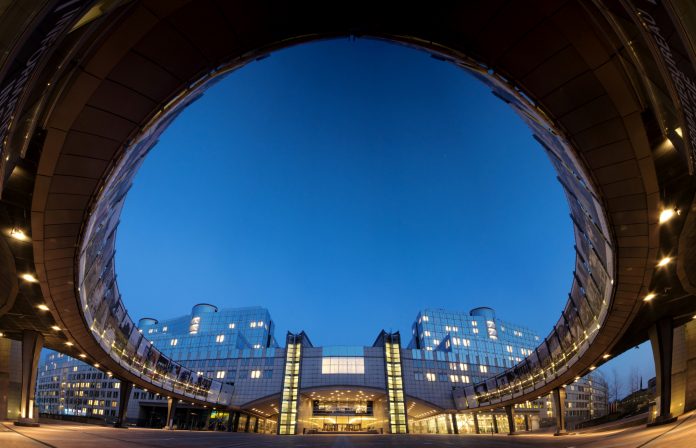The UK has announced it will be retracting the majority of 180 diplomats from attending EU meetings, by 1 September
180 EU-based UK officials will now only attend EU meetings where the UK has a significant national interest in the outcome of discussions, such as on security, defence and finance.
This decision reflects the fact that the UK’s exit from the EU on 31 October is now very close and many of the discussions in EU meetings will be about the future of the Union after the UK has left.
Parliament will resume their session in September, lending to the sense of urgency.
In July, PM Johnson floated the idea of extracting diplomats from the EU meetings to free up their time and focus on the infrastructure of the UK post-Brexit. This sentiment is being upheld as a key reason, with diplomatic time being prioritised elsewhere to prepare for the outcome of October 31st.
President Trump voiced criticism of Brexit negotiations on the EU side, saying:
“Dealing with the European Union is very difficult, they drive a hard bargain.
“They have not treated the UK very well.”
A key priority stated by the UK government is trade. With the recent release of a cynical internal document outlining Operation Yellowhammer, the future of trade between the UK and the member states of the EU is a pressing issue for local business and industry.
The Irish backstop has not been mentioned amongst the list of priority negotiations.
Donald Tusk, European Council president, spoke out on the Irish backstop plans:
“Those against the backstop and not proposing realistic alternatives in fact support reestablishing a border. Even if they do not admit it.”
The Department for Exiting the European Union said:
“This decision is not intended in any way to frustrate the functioning of the EU. The UK’s vote will be delegated in a way that does not obstruct the ongoing business of the remaining 27 EU members.”
Where matters of “ongoing national interest” are being discussed, the UK commits to being present until 31 October. The UK has decided that they do not need representation at all of these meetings, especially where the subject is the future of the EU after they exit.
The UK will continue to attend if and when it is in their interest, with particular regard to meetings on UK exit, sovereignty, international relations, security, or finance and the Prime Minister will attend European Council.
Secretary of State Steve Barclay said:
“An incredible amount of time and effort goes into EU meetings with attendance just the tip of the iceberg. Our diligent, world-class officials also spend many hours preparing for them whether in reading the necessary papers or working on briefings.
“From now on we will only go to the meetings that really matter, reducing attendance by over half and saving hundreds of hours. This will free up time for Ministers and their officials to get on with preparing for our departure on October 31 and seizing the opportunities that lie ahead.”
The UK currently has 71 days left to approve a withdrawal agreement.





![Europe’s housing crisis: A fundamental social right under pressure Run-down appartment building in southeast Europe set before a moody evening sky. High dynamic range photo. Please see my related collections... [url=search/lightbox/7431206][img]http://i161.photobucket.com/albums/t218/dave9296/Lightbox_Vetta.jpg[/img][/url]](https://www.openaccessgovernment.org/wp-content/uploads/2025/04/iStock-108309610-218x150.jpg)





